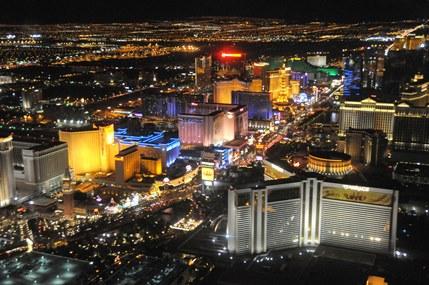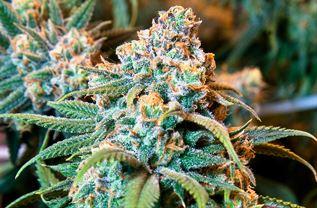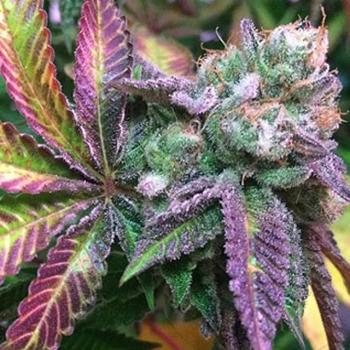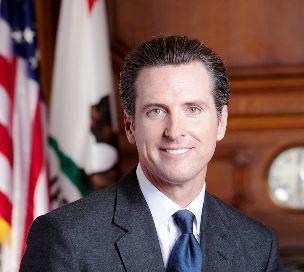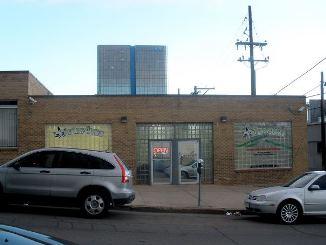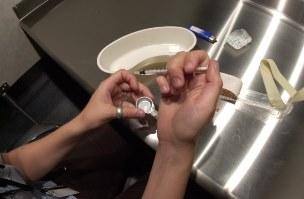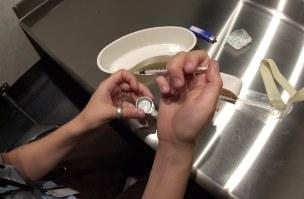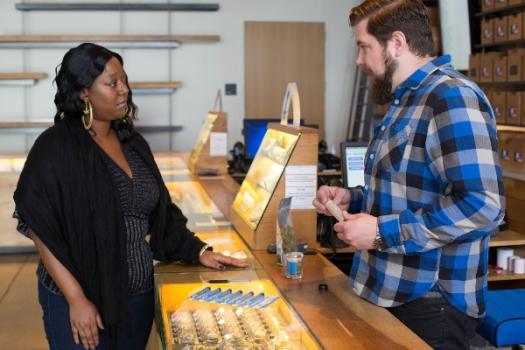Chronicle AM: Las Vegas MJ Lounges Hit Snag, Utah MedMJ Init Polling Well, More... (9/20/17)
The Bay State's highest court just made it harder for cops to charge people with pot-impaired driving, Las Vegas-area county commissioners put a stop to talk of pot lounges anytime soon, Colombia's president speaks out against the drug war (again) at the United Nations, and more.
